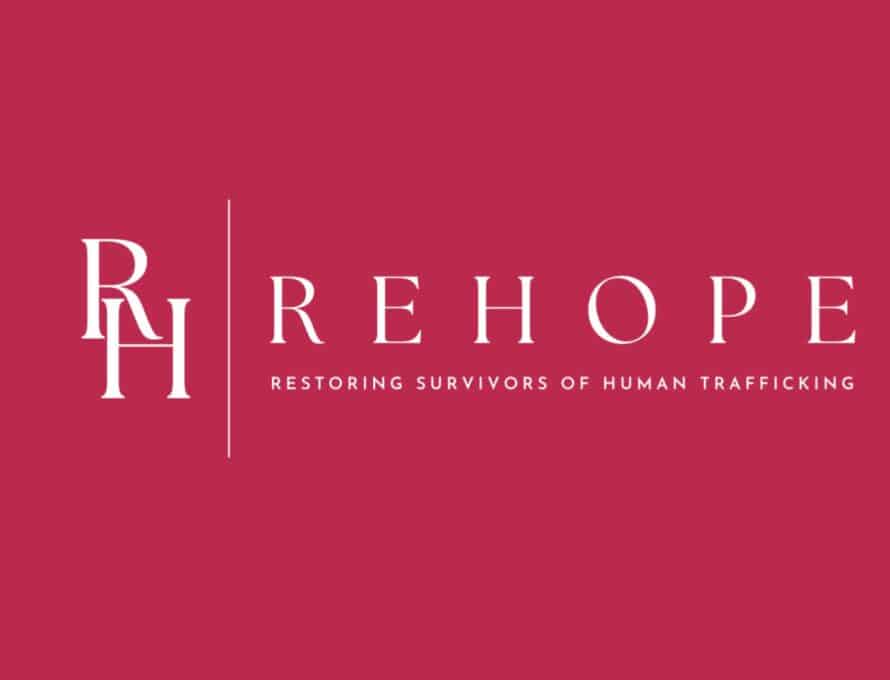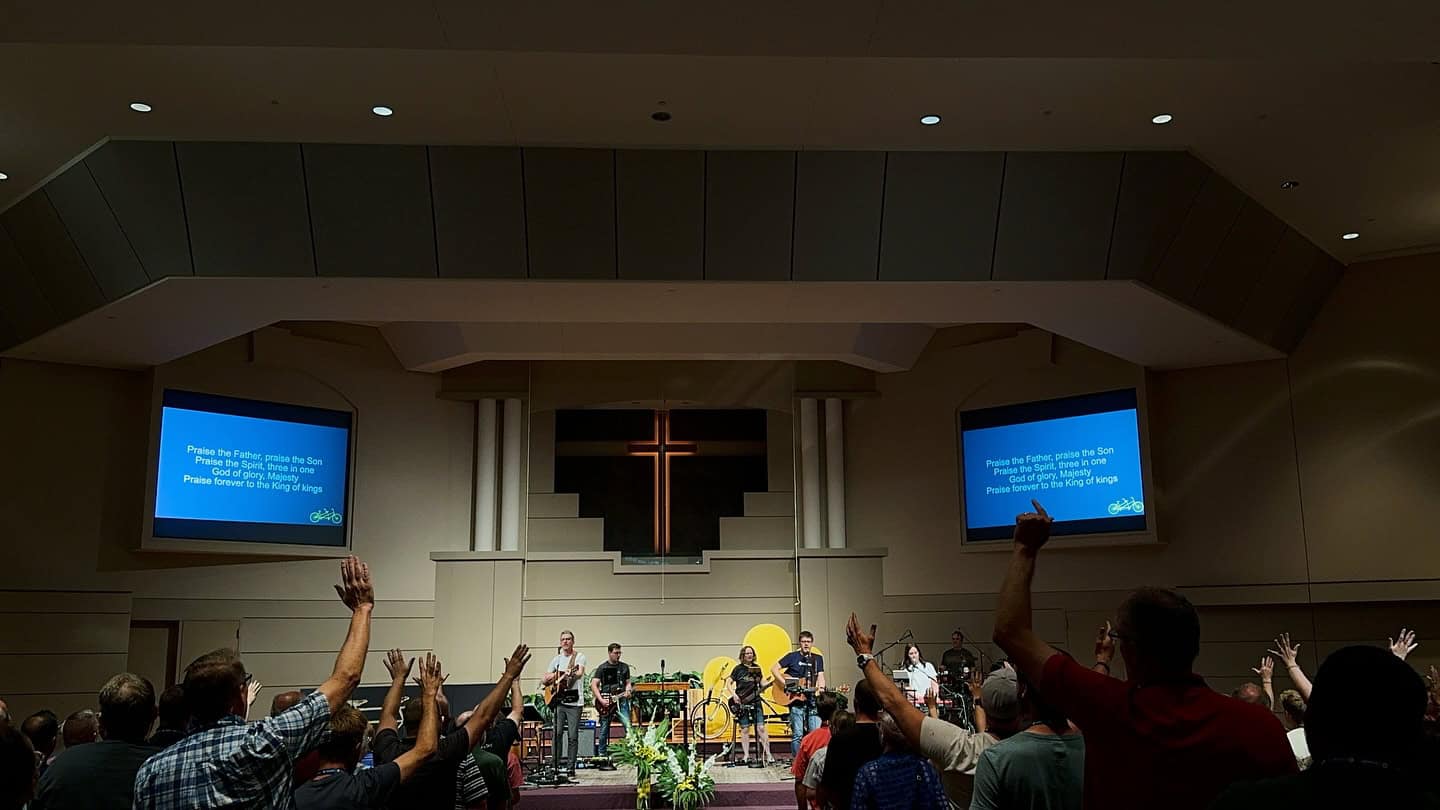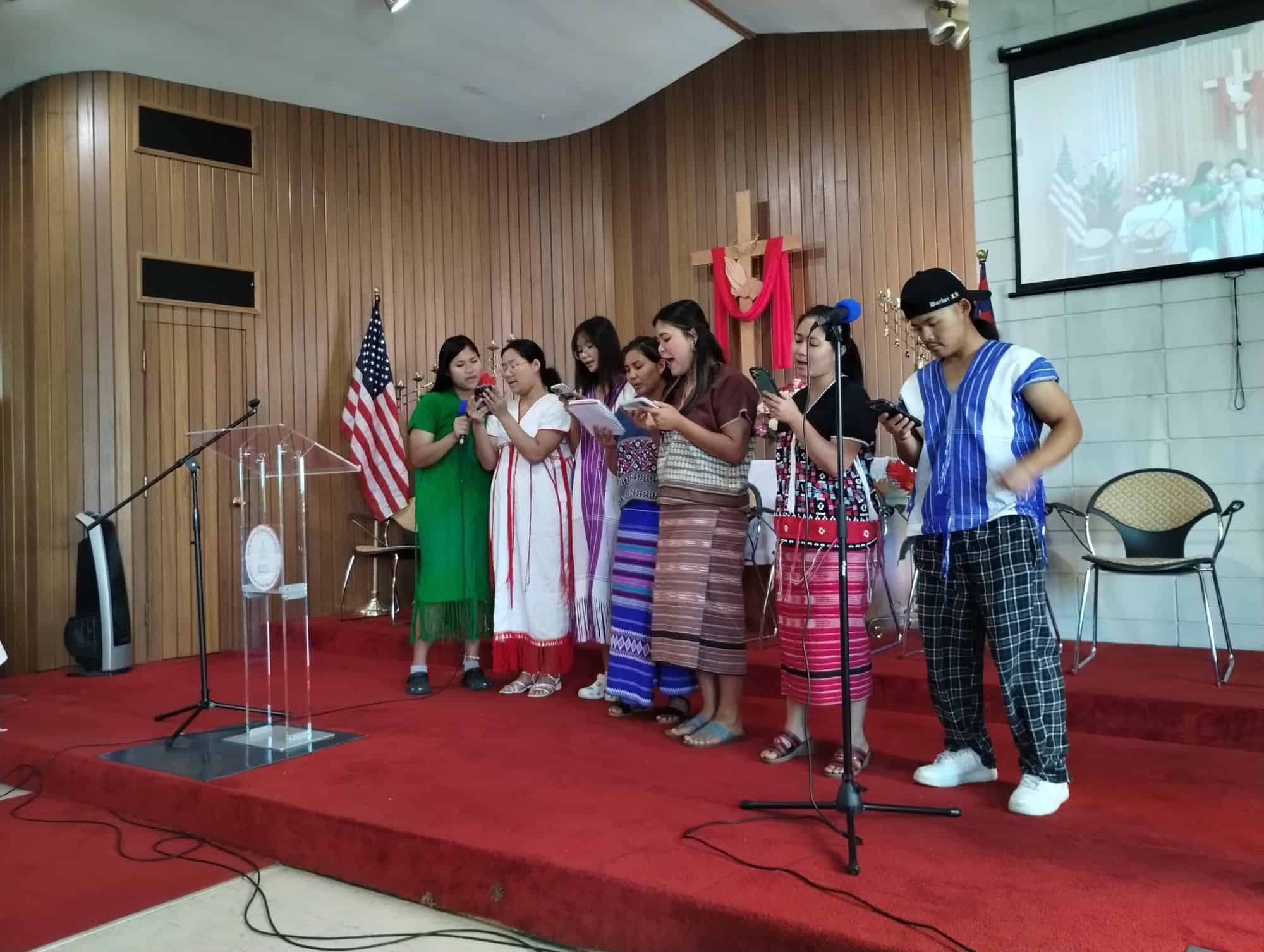This article originally appeared in the October Missions & Ministry newsletter.
A few generations ago, Africans from Kenya, Tanzania, Burundi, and other Sub-Saharan nations migrated to Somalia and were called “Bantu,” named after their language. The ethnic Somalis herded camels and other animals, but the Bantus farmed. The Bantus are looked down upon in East Africa by the ethnic Somalis because farming is believed to be an inferior occupation, but Bantus in Kansas City have been able to tuse their agricultural skills very impressively.
In Kansas City, 24 Somali Bantu families live and farm their own thriving gardens. There are also 60 Somali Bantu families on the Missouri side in the Historic NorthEast. Music and dancing characterize their culture as seen best in wedding celebrations. A couple of Bantu dance grups are available for hire for entertainment. Check out more cultural info here.
Somali Bantus adopted the local religion of Islam in Somalia, but they incorporate many tribal and animistic beliefs such as putting charms on their babies to ward off the evil spirits. One Bantu man serves as a witch doctor and can be hired for $3000 to cast out an evil spirit from a relative. Bantus use his services because he is effective, but the spirit often returns after a couple of years. Because they are considered the “least of these” back in Africa, Bantus are a little bit more receptive to the Gospel and more hospitable to outsiders than other Somalis from Cushitic tribes. But this group is still less than 1% Christian globally.
Prayer Focus: pray for the two churches who are striving to reach the Bantus. Pray for open doors and open hearts as they try to make connections, and pray that the Bantu families who have experienced the love of God through his people will hear and accept the message of Jesus.
For more information on BRKC People Teams, click here.




